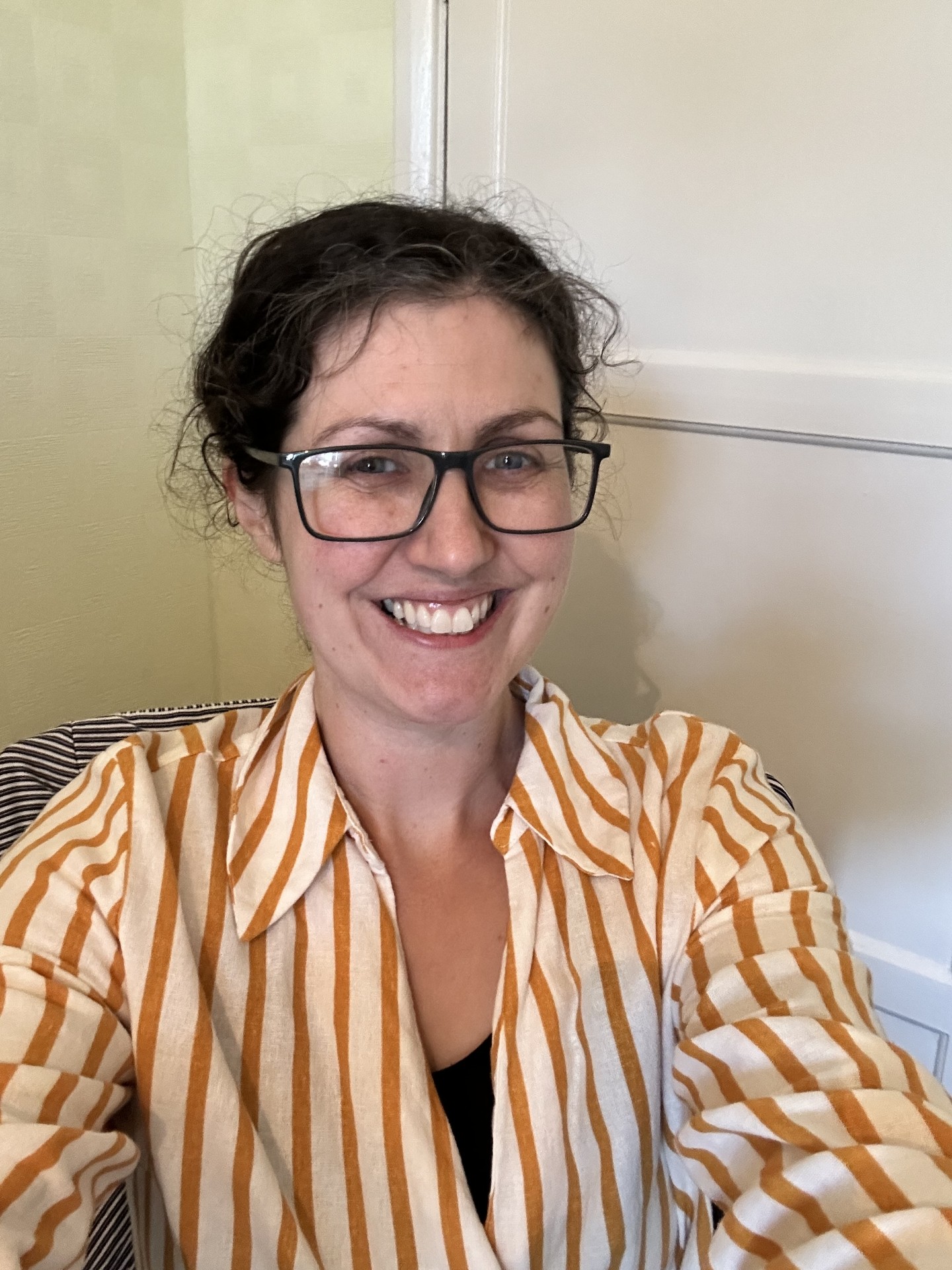Pathological Demand Avoidance (PDA) is a profile on the autism spectrum characterized by an intense avoidance of everyday demands and expectations. This workshop aims to demystify PDA, offering insights into the unique challenges faced by both young people and adults with this profile, and providing practical strategies for support.
Participants will gain a deeper understanding of how PDA manifests, why demands trigger anxiety and avoidance, and how to create low-demand environments that encourage cooperation and growth. We’ll explore the underlying neurological and psychological components of PDA, considering the role of anxiety, sensory sensitivities, and social dynamics.
Specifically, we will cover:
- An Introduction to PDA: Understanding the profile, its characteristics, and how it differs from other autism profiles.
- Identifying Triggers and Patterns: Recognizing common demand triggers and the range of responses they lead to
- Practical Tools and Techniques: Effective approaches for reducing demand, increasing flexibility, and fostering trust in therapeutic, educational, work, and home environments.
- Q&A and Discussion: An open dialogue to address specific concerns and share experiences
By the end of the workshop, participants will leave with a richer comprehension of PDA, and some skills needed to work empathetically and effectively with individuals presenting this unique profile.
Learning Objective Participants Can Expect From This Event
- Understanding of the PDA profile and how it differs from other autistic presentations
- Recognition of common demands, triggers and the range of PDA responses to these demands that you might expect
- A range of practical tools, techniques and approaches which are effective in reducing demand, increasing flexibility and fostering trust in therapeutic, educational, work and home environments
Who is This Workshop Appropriate For?
- The workshop is appropriate for anyone working with, or supporting an individual who is or may be PDA and who wants to learn more. The presenters will share their lived experiences as well as information from the research and wider lived experience from the PDA community.
How May This Workshop Impact Your Practice?
- By the end of the workshop, participants will leave with a richer comprehension of PDA, and some skills needed to work empathetically and effectively with individuals presenting this unique profile.
Course Content
Presenter

Kate Salinsky currently a trainer with the National Autism Trainer Programme (NHS/Anna Freud Centre/AT-Autism). She also supports neuro-divergent students 1-1 in higher education as a study skills tutor and mentor, and adults as a mentor / coach through Access to Work. Kate is parent to a two children one of whom is autistic and has a PDA profile. She has an MA in Autism and completed her research dissertation on the Lived Experience of Parents of PDA children. Previously, Kate worked as a training manager and counsellor in the voluntary sector for over 20 years, managing a team of trainers to design and deliver accredited training to people working in substance misuse, counselling and mediation.

Tanya Spiers is an autistic trainer currently delivering the National Autism Training programme to Mental Health professionals within the NHS. She is also a Specialist Family Support worker who works with families that have autistic young people up to the age of 25 from a diverse population. Tanya has been delivering (and managing staff to deliver) autism training and coaching for over ten years to a wide range of different professionals and settings. She also has three autistic teenage boys of her own with very different strengths and needs; one of whom has a PDA profile.


